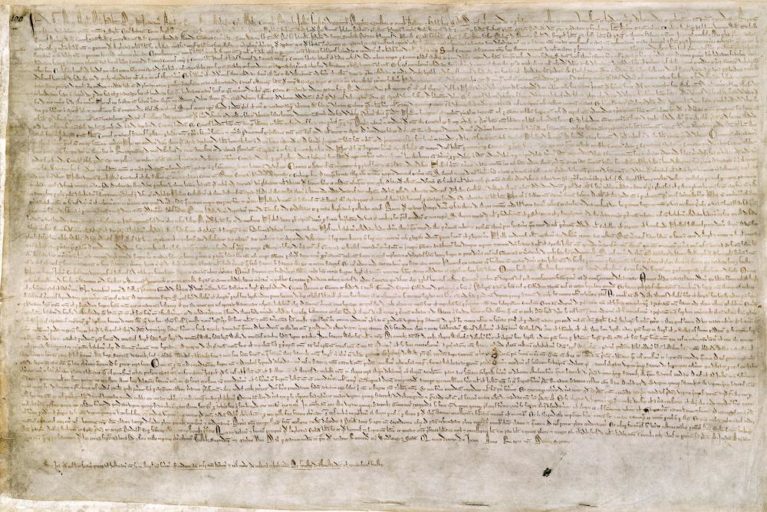I’m fortunate enough to be invited to speak at OpenTech each year, and to give what has come to be known as a ‘State of the Network’ address. Here’s this years – published as I stand up to speak.
State of the Network: an address.
The world is all that is the case.
And what is currently the case should give us pause.
We begin from now, with a broken political system and a broken society and a broken planet that seems likely to become increasingly inhospitable to human civilisation over the next fifty years.
We start from a world of religious and social conflict where the quality of one’s belief in one or more fictional entities can determine life or death, acceptance or rejection, happiness or misery.
We begin with a network that has been comprehensively compromised, weaponised, commercialised and undermined by actors at many scales, with many motives and many capabilities.
“I am in blood
Stepped in so far that, should I wade no more,
Returning were as tedious as go o’er.
Strange things I have in head, that will to hand,
Which must be acted ere they may be scanned.”
But like Macbeth we are so stepped in the network that to return would be as tedious as going o’er. We aren’t going to dismantle it, so we might as well try to find our way through the maze of twisty passages towards some resolution.
For while we may never achieve victory, I think hegemony may be within our grasp. And that might – just might – be enough.

